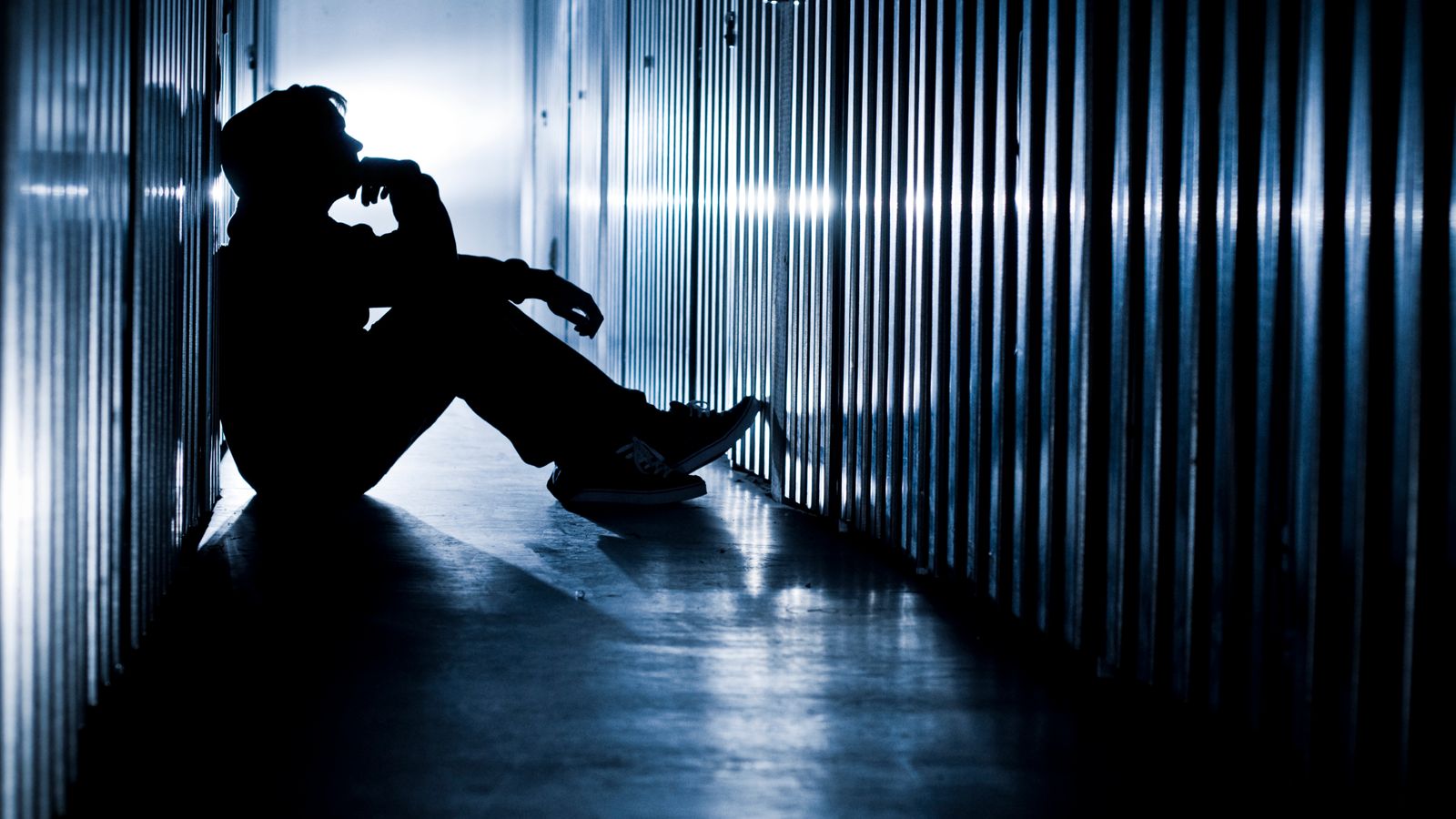People with mental health issues are being “failed” across the entire criminal justice system as their needs are being missed, according to a major inspection.
The report, which has been conducted by six regulatory bodies, says that “thousands of people” with mental health issues are having their needs missed by police forces, prosecutors, prisons and probation services.
The inspection was conducted by HM Inspectorate of Constabulary and Fire & Rescue Services, HM Crown Prosecution Service Inspectorate, HM Inspectorate of Prisons, HM Inspectorate of Probation, the Care Quality Commission and Healthcare Inspectorate Wales.
It blames a “broken system” for sharing information between agencies, which is caused in part by confusion over data protection rules, as well as “incomplete” and “inaccurate records”.
Furthermore, when a person’s needs are highlighted, the shortage of mental health services create long delays, which has only been made worse by the pandemic.
It warns of “unacceptable delays in psychiatric reports” for court, and found it took far too long to transfer unwell prisoners into secure mental health hospitals for treatment.
Speaking on behalf of all six inspectorates, Chief Inspector of Probation Justin Russell said: “The criminal justice system is failing people with a mental illness.
Birmingham stabbings: Mother of victim Jacob Billington ‘haunted’ by his death as killer Zephaniah McLeod faces sentencing
Women in tech – leading health care and mental well-being innovation
‘One psychiatrist per 12,567 people in England’: Medics’ mental health workforce warning
“Criminal justice agencies need to make major improvements to the way they work with people with mental health issues.
“If someone is charged, they need to understand and be able to participate in the criminal justice process.
“An individual may need additional support to understand the questions put to them during an investigation or may lack the mental capacity to plead or stand trial.”
Stefan Brown, 25, has served multiple sentences in various prisons.
He says despite having a diagnoses for autism and ADHD, his mental health needs were ignored.
“It’s a dark and gloomy place, the noise, the lights. There’s violence.
“So for someone with autism it’s a very bad place. Every day is a sensory overload, but this is seen as a sign of disobedience, of bad behaviour because there is a lack of understanding.”
He said prison is meant to be hard, but for those with mental health issues the impact can be “devastating”.
“You just can’t escape the emotions. Just like you can’t escape the cell, sometimes you can’t escape those emotions.”
Mr Russell said the criminal justice system can already have a “severe and negative impact on someone’s mental health”, especially if they are already unwell.
But he added: “Justice agencies should act in ways that do not make matters worse, for example they should help to reduce the risks of suicide and self-harm, which we know to be high in criminal justice populations.”
The inspectors are urging police forces, the Crown Prosecution Service, prisons and the Probation Service to work with the government and NHS to improve delivery for people with mental health issues in the criminal justice system.






















